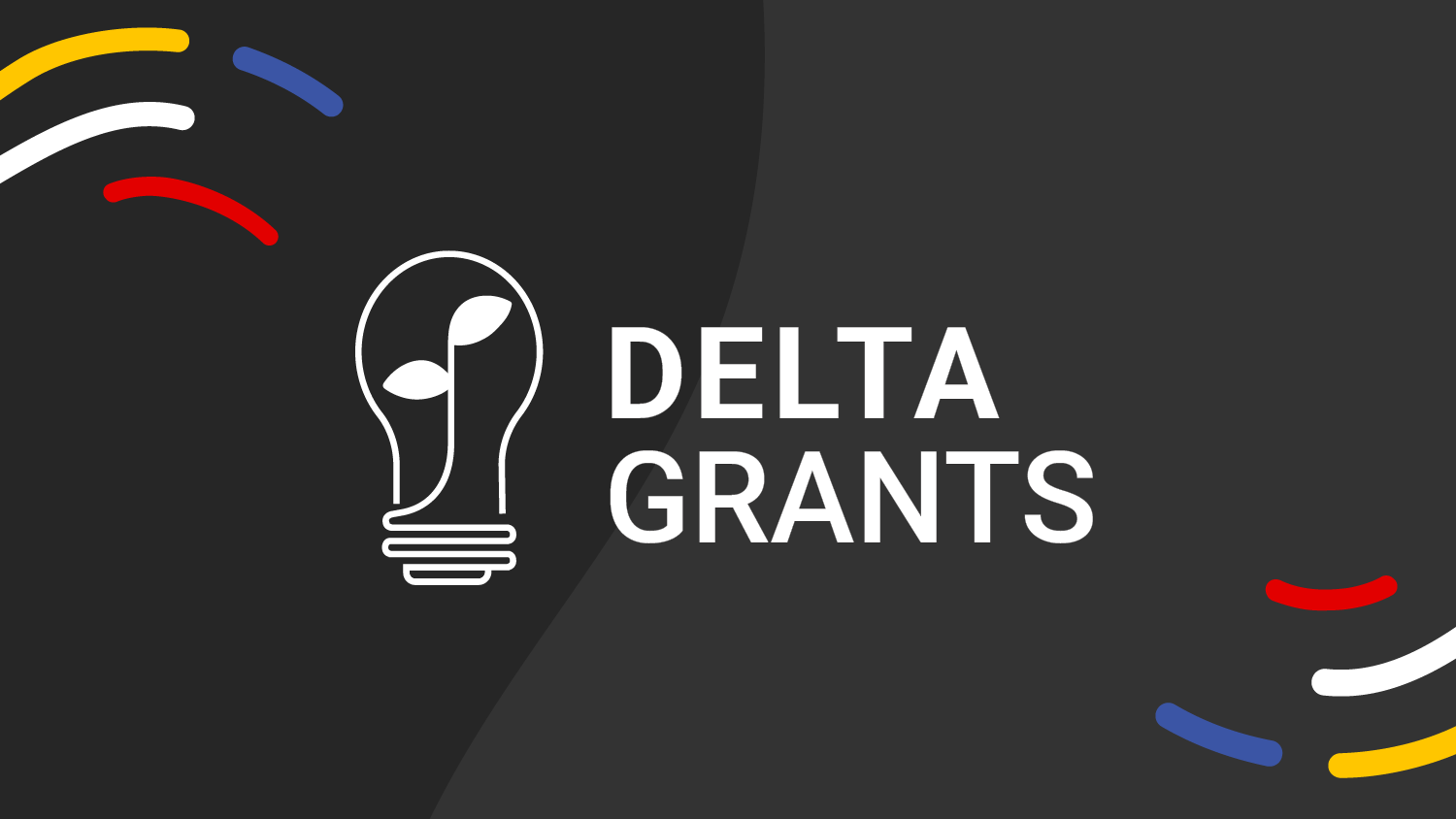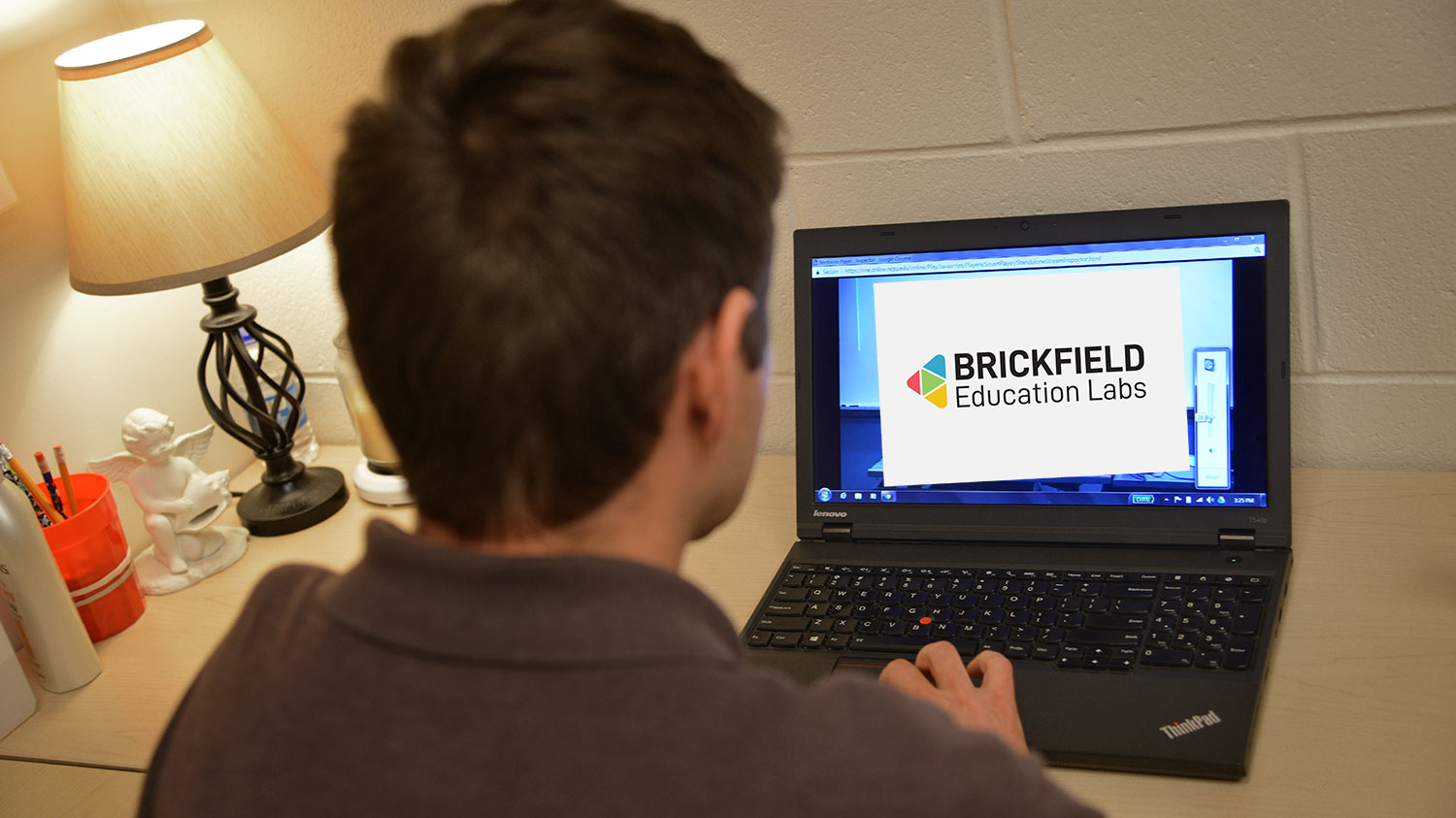Distracted: 10 Tips to Help the Online Learner Stay Focused

We live in an age of distraction. From flashing calendar reminders to buzzing social media notifications, our lives are full of various distractions caused by the way we arrange our digital platforms. For the online learner, making class a priority can be difficult. There is plenty of evidence to suggest that traditional students learn better when they utilize self-regulation strategies to minimize distractions offered by personal laptops while in class (Diehl, Semegon, & Schwarzer, 2006; Tagsold, 2012). Online learners must confront similar challenges to maintain focus and ultimately achieve academic success.
Key concerns for the online learner’s focus include:
- Staying focused while viewing video lectures
- This is especially problematic when lectures are lengthy. One study found that when students viewed 14-minute, professionally made lecture videos, off-task mind-wandering occurred 43% of the time (Hollis & Was, 2016).
- Controlling the temptation to act on distracting thoughts
- Distractions for online learners can range from past memories and current feelings to future plans or thinking about/using another technology such as texting or social media (Hollis & Was, 2016).
- Believing that multitasking is effective
- Multiple studies reveal that multitasking with social media and related technologies lead to poorer academic performance (Junco, 2012; Wood, Zivcakova, Gentile, Archer, De Pasquale, & Nosko, 2012).
Consider these tips to help you avoid distraction in your online course:
- Take handwritten notes, especially when viewing videos.
- Establish a dedicated study area that is completely free of any household distractions (College, 2014).
- Clear your browser of all tabs that are unrelated to your course. Also, ensure that your phone, TV, and all other gadgets are muted.
- Set a timer to encourage you to stay seated and focused for a certain window of time. For example, you might work for 30 minutes and then take a 5-minute break to move around (College, 2014). Think of your work “as a sprint, rather than a marathon. You can push yourself to your limits for short periods of time, so long as you have a clear stopping point. And after a rest, you can sprint again” (Schwartz, 2013).
- Try to take on your most important (or most difficult) task of the day during the first 90 minutes. This helps you make the most of your highest energy levels, and makes you feel successful (Schwartz, 2013).
- Reward yourself. Whether your reward is a snack after staying focused for an hour, or a nice dinner out after passing the first exam, it is important to acknowledge your accomplishments. By doing this, you will keep yourself motivated and ready to work toward your next goal (University, 2013).
- Sometimes Discussion Board threads can get off-topic (Dooley & Wickersham, 2007), so if you notice that a peer’s post seems irrelevant, acknowledge the comment and try to return to the appropriate topic in your response.
- Form a study group (College, 2014). This group could meet face-to-face or online through Google Hangout or Blackboard Collaborate.
- Consider using a tool such as Google Calendar or NowDoThis (which runs a countdown timer for each task) to organize your workload and hold you accountable.
- Self-regulation is defined as “how a person exerts control over his or her own responses so as to pursue goals and live up to standards” (Baumeister and Vohs, 2004, p. 500). Utilizing self-regulation skills is extremely important as an online learner. Consider which self-regulated learning category (Barnard-Brak, Paton, & Lan, 2010) best describes you:
- Minimal self-regulator: rarely uses self-regulating learning skills such as goal-setting or help-seeking; tends to have a low GPA
- Forethought-endorsing self-regulator: uses some self-regulation skills such as goal-setting and environment-structuring but may not follow through with the use of time management, help-seeking, or self-evaluation; tends to have a low GPA
- Self-reflection-endorsing self-regulator: tends to focus reactively on time management, help-seeking, and self-evaluation without much proactive behavior such as goal-setting or structuring the environment to enhance learning; tends to have a low GPA
- Competent self-regulator: does what has to be done and not much more; tends to have a high GPA
- Super self-regulator: uses multiple self-directed learning strategies; tends to have a high GPA
NC State provides multiple resources that can help you enhance your self-regulation skills and reach your goals, such as the Counseling Center, Tutorial Center, and Online and Distance Education personalized support.
References
Barnard-Brak, L., Paton, V. & Lan, W. (2010). Profiles in self-regulated learning in the online learning environment. The International Review of Research in Open and Distributed Learning, 11(1), 61-80. Athabasca University Press.
Baumeister, R. F., & Vohs, K. D. (2004). Self-regulation. In C. Peterson & M. E. P. Seligman (Eds.),Character strengths and virtues: A handbook and classification (pp. 499–516). Washington, DC/New York: American Psychological Association/Oxford Press.
College of Adult and Graduate Studies Blog. (2014). How to stay focused while studying for online classes. Colorado Christian University.
Diehl, M., Semegon, A. B., & Schwarzer, R. (2006). Assessing attention control in goal pursuit: A component of dispositional self-regulation. Journal of Personality Assessment, 86(3), 306-317.
Dooley, K.E. & Wickersham, L.E. (2007). Distraction, domination, and disconnection in Whole-Class Online Discussions. Quarterly Review of Distance Education, 8(1), 1-8.
Hollis, R. B., & Was, C. A. (2016). Mind wandering, control failures, and social media distractions in online learning. Learning and Instruction, 42, 104-112.
Junco, R. (2012). The relationship between frequency of facebook use, participation in facebook activities, and student engagement. Computers & Education, 58(1), 162-171.
Schwartz, T. (2013). Faced with overload, a need to find focus. The Energy Project. Retrieved from https://theenergyproject.com/blog/faced-overload-need-find-focus
Tagsold, J.T. (2012). Student distraction in a 1:1 learning environment (Doctoral dissertation). Retrieved from NC State Theses and Dissertations Repository.
University of Arkansas at Little Rock Blackboard Student Support. (2013). Staying motivated in online courses. University of Arkansas at Little Rock.
Wood, E., Zivcakova, L., Gentile, P., Archer, K., De Pasquale, D., & Nosko, A. (2012). Examining the impact of off-task multi-tasking with technology on real-time classroom learning. Computers & Education, 58(1), 365-374.


